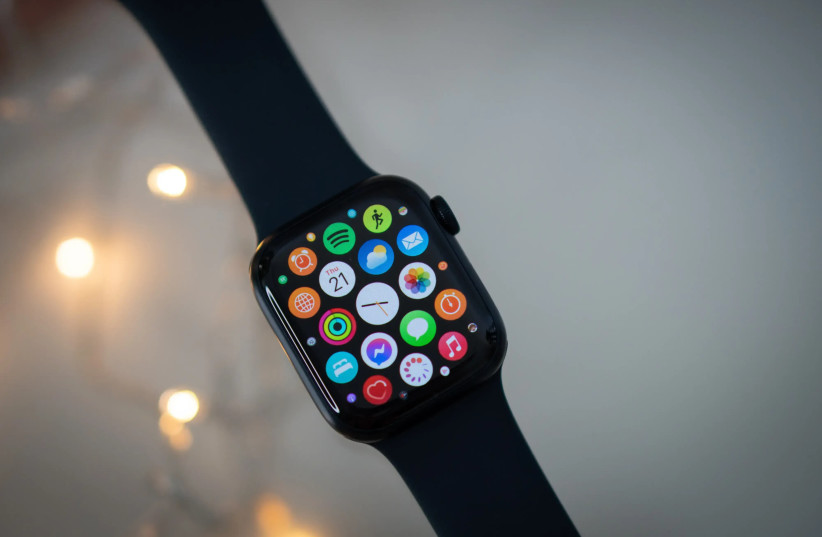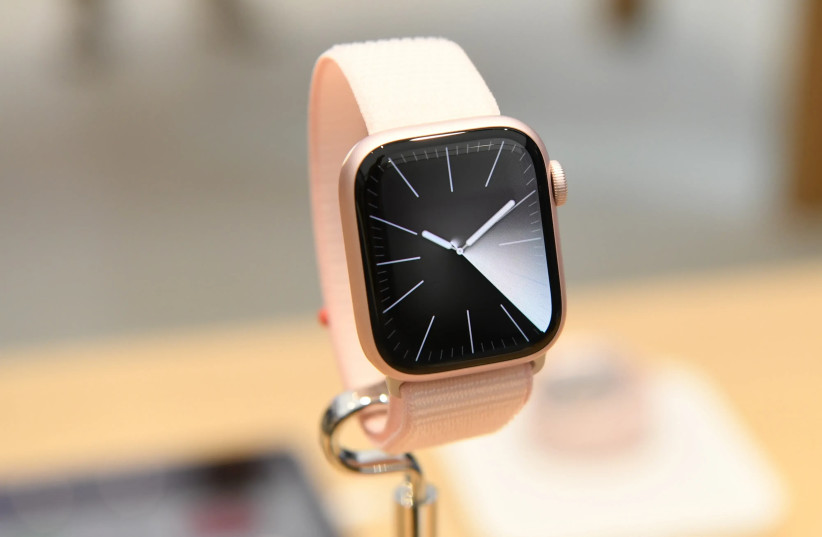US global tech giant Apple is racing against time to make alterations to the blood oxygen level measurement function on the Apple Watch. This urgent action aims to prevent an anticipated sales ban on the smartwatch in the US due to an ongoing patent dispute, as reported by Bloomberg.
The proposed modification, if successful, would allow Apple to continue selling the product during the crucial holiday period.

Why would the Apple Watch be banned in the US?
The blood oxygen level sensor, introduced in the 6th generation Apple Watch in 2020, lies at the center of the patent conflict between Apple and medical technology company Masimo.
Masimo asserts that Apple's sensor infringes on two patents it holds for monitoring blood oxygen levels. In October, the US International Trade Commission (ITC) ruled that Apple had indeed violated Masimo's patents. The case was subsequently referred to the White House for a 60-day presidential review, set to conclude next week.
If US President Joe Biden does not veto the ITC's decision, Apple will be prohibited from selling its latest smartwatch models, namely the Apple Watch Series 9 and Apple Watch Ultra 2.
Accordingly, the company is complying with the ban and will cease the sale of both watch models on its website on December 21, as well as in retail stores on December 24, as a precautionary measure in case of a presidential veto.
However, Apple could potentially continue selling the watch if a settlement is reached with Masimo. Nonetheless, the last-minute rush by Apple to modify the watch's software suggests that no such plans are in motion. Apple has informed Bloomberg that it intends to propose a software-based workaround to seek ITC approval.

Joe Kiani, CEO of Masimo, expressed openness to a settlement but mentioned that the company has yet to approach him.
"It takes two to tango," he stated, according to Bloomberg. Kiani also added that he believes a software update for the Apple Watch will not resolve the situation, stating, "I don’t think that could work — it shouldn’t — because our patents are not about the software."
